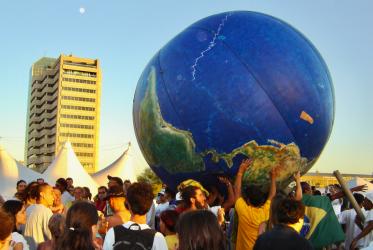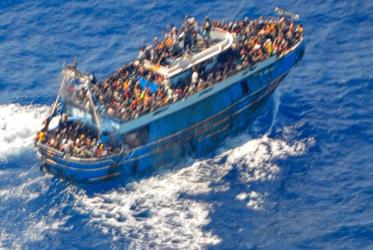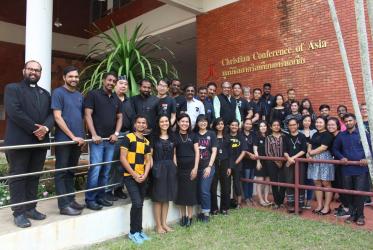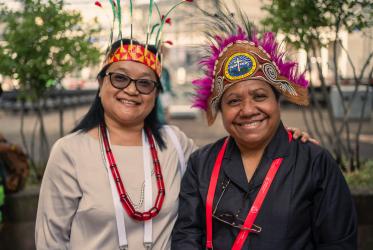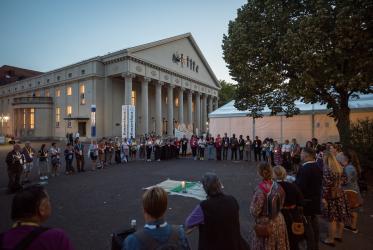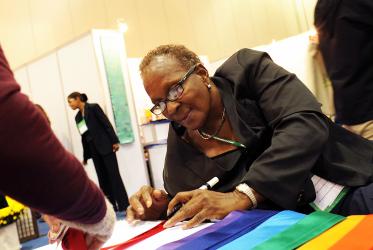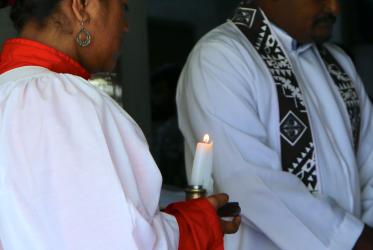Displaying 1 - 20 of 94
WCC Eco-School begins in Crete
15 November 2023
WCC Eco-School for Europe and North America region
11 - 18 November 2023
Orthodox Academy of Crete, Greece
Webinar remembers past massacres in the Pacific
21 October 2021
